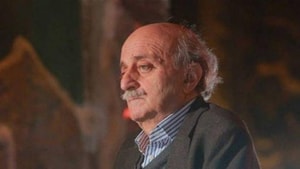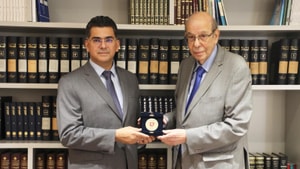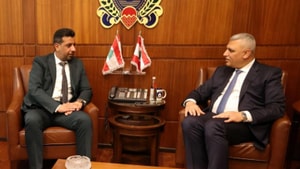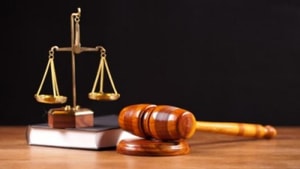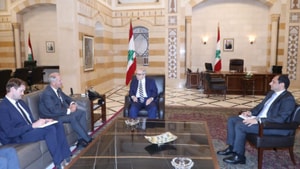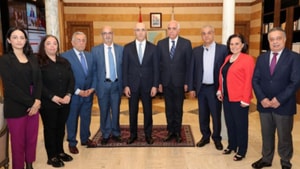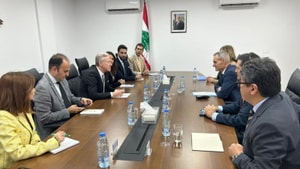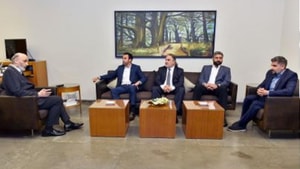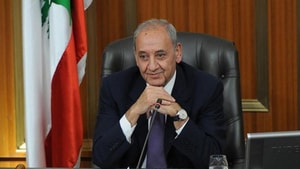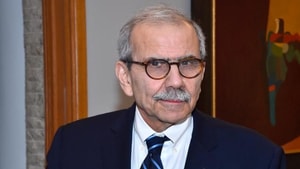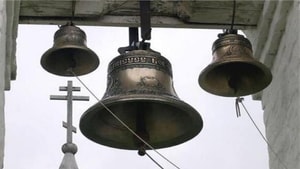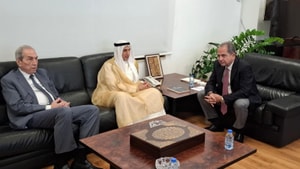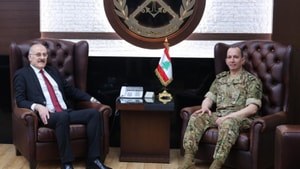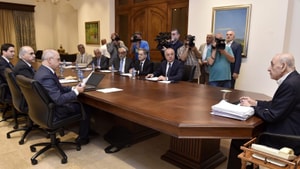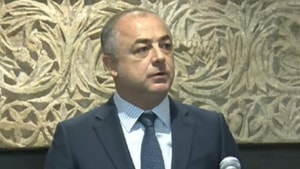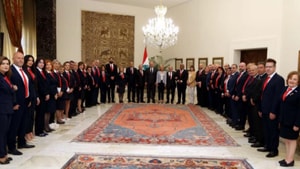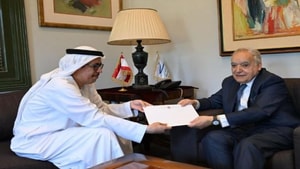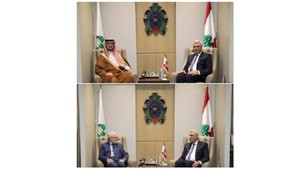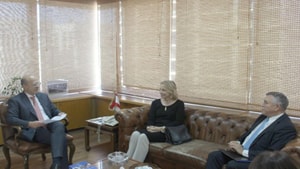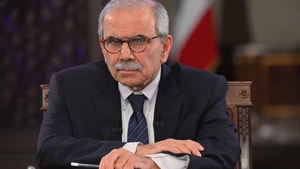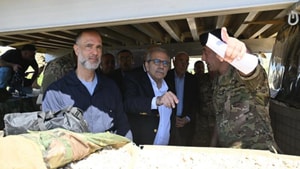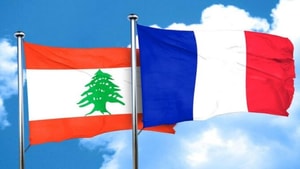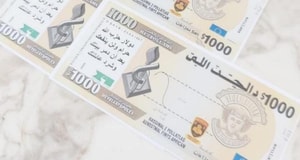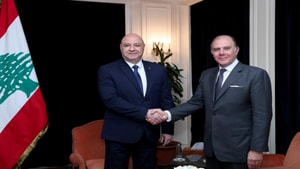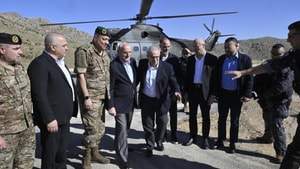Wins, Woes, and What Needs Fixing in the Municipal Elections
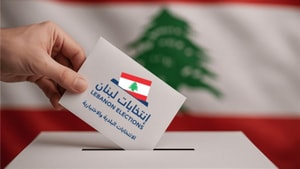
- Fri May 9 2025 1:29 pm
It is no secret that elections in Lebanon are often marked by irregularities, where interference and some questionable practices have come to feel like part of the process. However, despite these familiar issues, the first round of municipal and mukhtar elections in Mount Lebanon last Sunday, May 4th, passed relatively smoothly, especially considering it was the country’s first in many years.
That being said, the day was not without its share of breaches and violations, which did expose gaps and patterns that cannot be ignored as we move toward the next rounds in North Lebanon and Akkar. These incidents, both big and small, are worth revisiting, not to dwell on them, but to understand them, call them out, and ideally prevent them from happening in the upcoming rounds.
One of the most concerning breaches during the elections was the engagement of naturalized citizens who were brought to Lebanon solely to vote. These individuals, who have been granted citizenship but are not truly invested in the country, travel to Lebanon every 4 or 6 years for the sole purpose of participating in elections. In some cases, their votes, influenced by the electoral lists that provided inducements for their participation, can significantly impact, or even alter, the outcome of an entire election. This practice fuels the troubling issue of electoral money (المال الانتخابي), where financial incentives are used to sway votes, undermining the integrity and transparency of the electoral process.
Alongside this, the elections also witnessed a series of serious violations that cannot be brushed aside. Reports emerged of vote-buying through large cash payouts, some reaching staggering amounts. There were also cases of last-minute tampering with electoral lists, particularly targeting elderly voters, whose lists were reportedly switched just moments before they entered the ballot room. Added to this were multiple incidents of voter pressure and even outright blackmail.
Moreover, logistical issues further compounded the process. In one of the areas, the head of the polling station arrived late, causing a delay in the opening of the ballot boxes and prompting a wave of complaints from voters who were already growing frustrated. Elsewhere, confusion reigned between the mukhtar and municipal council ballot boxes, with several voters mistakenly placing their ballots in the wrong box, and vice versa. As a result, many votes were voided. Other cases emerged where voters cast their ballots for two mukhtars simultaneously, leading the district commissioner to issue a decision to count both names, a move that, while intended to contain the confusion, could be widely seen as a breach of electoral protocol.
It’s crucial to address why the municipal elections lacked an Electoral Supervisory Commission, a body that should have been established well before the process. This gap in oversight is a significant flaw in the electoral framework, one that must be rectified in future elections. Beyond this, strengthening the regulation of electoral spending and ensuring proper oversight is essential—whether through new legislation or in the upcoming rounds of elections. Complaints should be filed only when supported by solid evidence, such as photographs, and this depends on the margin of votes. An electoral challenge must be carefully considered and substantiated to ensure credibility.
While these elections were far from perfect, they highlight how we've managed to avoid total collapse. In a country where dysfunction often feels normal, when things don't completely fall apart, it almost feels like a small win. Looking ahead, we hope the next rounds of elections will be smoother with fewer issues, guiding us toward a brighter, more hopeful future for Lebanon.
